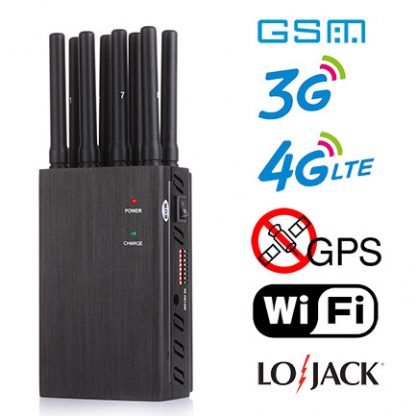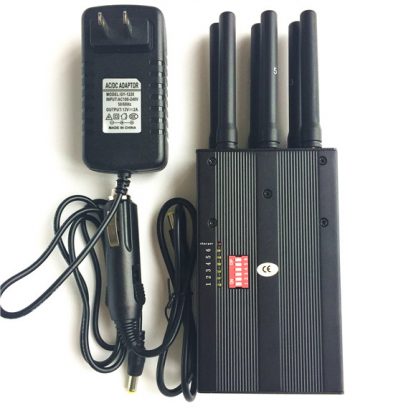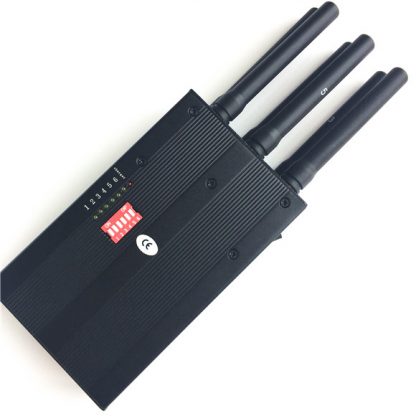Imagine this, prisoners in jail trade cigarettes or even drugs with others and make big money from this due to lack of supplying sources behind bars, or they call together gangsters to bully other guy who has ‘broken their rules’. Do these remind you of very familiar scenes that you seem to have watched in movies or TV serials? The fact is that these are not just imaginations by the directors, but real things that take place in jails or prisons. In the meanwhile, the access to cell phones make it worse and even beyond control.
Technology should be used to jam mobile phone signals in prisons, an inspector at Britain’s largest jail has said.
David Jamieson, chairman of Wandsworth prison’s Independent Monitoring Board, says illegal phones fuel prison drug trading, bullying and gang problems. Behind bars, mobile phones can cost £400 each. He said that the trade had been worth £9m in 2008, when 7,000 phones were seized.
The Prison Service says signal blocking is technically challenging and not quick, simple or cheap to implement.
Mr Jamieson told the BBC’s Inside Out London programme that he believed three times as many mobile phones were in circulation within prisons as had been seized. Ever-smaller handsets allow phones to be smuggled in by prisoners, visitors or corrupt staff, he said. And some are even thrown over prison walls.
It is almost impossible to stop them coming in, Mr Jamieson said, but the signal-blocking technology would render them useless, preventing prisoners from using them to co-ordinate crime and intimidate witnesses on the outside.
Mr Jamieson said, “The technology… does exist. It would cost about £250,000 to equip a prison with mobile phone jamming devices to jam calls. That would pay for itself quite easily over time.” However, he accused the government of “pussyfooting around” this issue.
The ministry of Justice said that it was already an offence to smuggle a phone into prison and that a new bill included laws intended to make it illegal to possess one in jail.
“The objective of this clause is to act as an additional deterrent to those who consider trafficking a mobile phone and/or its component parts into a prison, or to have them in their possession and to punish those who do,” said a spokesman.
How about in the US
Jamming can be extremely effective if the signal is strong enough to cover the frequencies range telecoms use to send signals over their networks, whether they use CDMA or TDMA bands, says Anthony Ephremides, an information technology professor at the University of Maryland.
“There really is no simple or practical way to a disable a jammer. In order to destroy a jamming signal someone would have to be extremely savvy and sophisticated technologically. It’s a huge advantage for jamming,” said Ephremides.
The problem occurs when jamming equipments fall into the wrong hands. NBC News reported on the growing use in organized crime of jamming equipment to disrupt GPS systems throughout Europe and Africa to smuggle drugs and traffic weapons. Simple criminals use jamming technology to disable garage doors and alarm systems.
The long-running battle, jamming critics say, is about money. There are two forces at play: a rush of companies developing technology and equipment under a public-safety premise for the $75 billion American corrections industry, and the ability to patent and distribute new technology with government approval.


